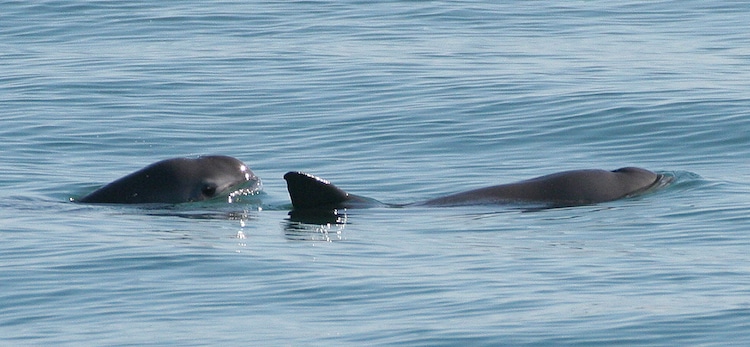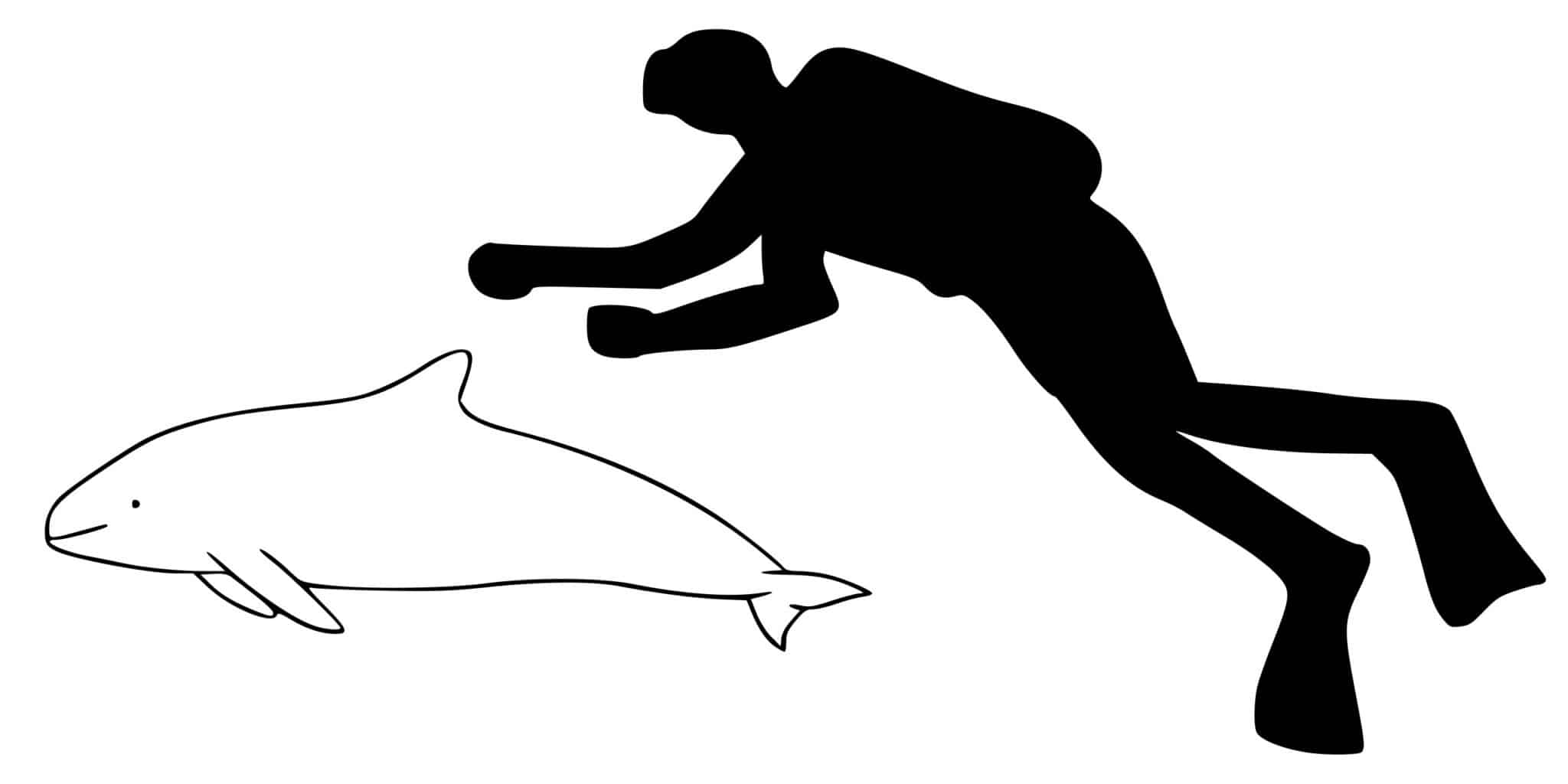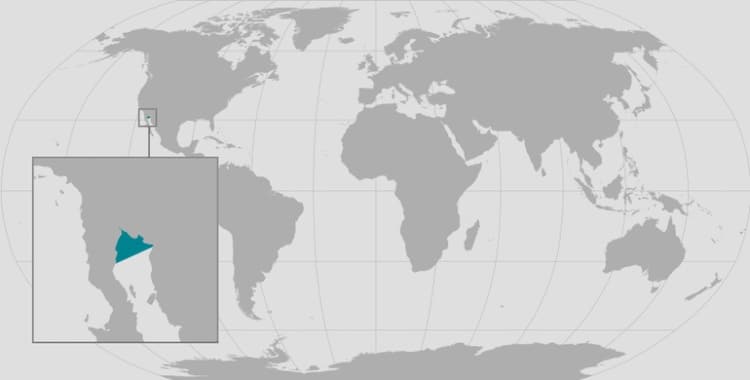
Two vaquita porpoises. (Photo: NOAA via Wikimedia Commons, Public domain)
Many people may be unfamiliar with the vaquita, a small porpoise that is the most petite marine mammal and only lives in the small northern corner of the Gulf of California. But this little relative of whales and dolphins is demonstrating the critical dangers many modern species face. Down from about 570 individuals in 1997 to only about 10 today, the species is the subject of the International Whaling Commissions’ (IWC) first-ever extinction alert. Like with many other endangered species, human activities are the root of the issue.
The alert was issued by the IWC on August 7, 2023. A statement accompanying the alert states, “Despite nearly 30 years of repeated warnings, the vaquita hovers on the edge of extinction due to gillnet entanglement.” The main goal of the alert is awareness and motivating action. Dr. Lindsay Porter of IWC explains, “We wanted, with the extinction alert, to send the message to a wider audience and for everyone to understand how serious this is.” While there have been efforts to help the creatures in the past, methods such as moving the population to more protective waters have failed.
However, there is some hope. The remaining tiny porpoises—which measure about 4 or 5 feet in length—seem to be healthy and happy. Their population, while perilously small, has remained relatively stable since 2019. There is even currently a young calf. “There is at least one brand new baby vaquita,” Porter noted. “They haven’t stopped breeding. If we can take away this one pressure, the population may recover. We can’t stop now.” Meanwhile, the Mexican government is combatting gillnetting, a harmful fishing practice that kills many whales, dolphins, and porpoises.
The mammals get tangled in the nets dragged over the water’s surface, which prevents them from returning to the surface to breathe freely. Fishermen in the gulf are illegally targeting totoaba fish which are sold for traditional medicine practices in China. The Mexican Navy has dropped 193 concrete blocks around the vaquita’s habitat to interfere with this sort of fishing. It has made an impact, likely decreasing their use in this zero-tolerance area (ZTA) by about 90%. However, this has only moved the practice a bit further out.
The IWC hopes their extinction alert will galvanize world leaders to create solutions. Per the IWC statement, “The decline of the vaquita has continued despite a very clear understanding of both the cause (bycatch in gillnets) and the solution (replacement of gillnets with safe alternatives in the vaquita habitat).” It continues, “The extinction of the vaquita is inevitable unless 100% of gillnets are substituted immediately with alternative fishing gears that protect the vaquita and the livelihoods of fishers. If this doesn’t happen now, it will be too late.”
The vaquita porpoise—the world’s smallest marine mammal—is on the brink of extinction, with only 10 left today.

The vaquita porpoise’s size in comparison to an average human. (Photo: Chris_huh via Wikimedia Commons, CC BY-SA 3.0)
The vaquita is critically endangered and should serve as a warning bell for may other fragile species.

The vaquita’s tiny range. (Photo: NOAA)
h/t: [IFL Science]
Related Articles:
9 Endangered Red Wolf Pups Born at North Carolina Zoo
Hawaiian Zookeeper Bravely Saves Critically Endangered Animals From Wildfires
Wolf Populations Are Making a Comeback in Michigan’s Isle Royale National Park
Critically Endangered Burmese Turtles Hatch and Bring New Hope for the Species
